The pontiff leaves behind a legacy shaped by unity, compassion and moral leadership, writes , but also controversies that divided the Catholic Church
Pope Francis, who has died aged 88 after 12 years at the head of the Catholic Church, was probably the most famous Argentinian who ever lived.
Born in 1936 as Jorge Mario Bergoglio, Pope Francis always understood the power of connecting with the public. "Ordinary people like a touch of Evita [the actress cum president's wife Eva Peron]," he once said in his early days as a priest.
It was a perception that stood him in good stead throughout his tenure as Pope, and was apparent from the moment he stood on the balcony of St Peter's Basilica in Rome after his election as pontiff in March 2013. The cardinals went "to the ends of the Earth" to find a pope, he joked, and after asking the crowds to pray for him, he wished them a good night and a good sleep.
"Enjoy your lunch!" he used to say to people who gathered every week outside the basilica for the traditional Roman Catholic prayer, the Angelus.
After the formality of Benedict XVI, whom he succeeded, Francis seemed like a breath of fresh air. He lived in a simple residence rather than the apostolic palace, and got rid of the usual fancy furry cape and red shoes. But his papacy was about much more than style; there was substance, too.
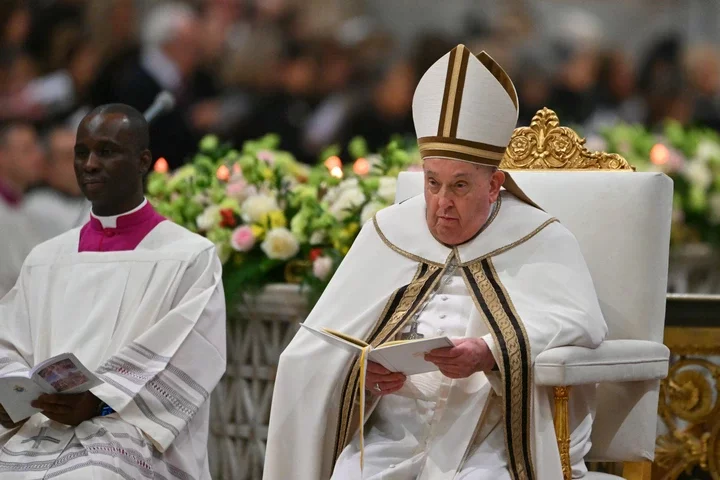
Francis took on a Church that needed a leader to sort out its crises: a Vatican accused of financial corruption, a worldwide child sexual abuse scandal, ordinary Catholics fed up with sensing they had no voice in their Church and feeling that it was out of touch with people's lives. And there were wider issues on which the world needed to hear a voice with moral authority, whether on climate change, or dire poverty in the developing world, or the plight of migrants and refugees.
The vast majority of Catholics warmed to their Pope, who articulated a compassionate form of their faith.
"Who am I to judge?" he said when asked about gay people, who had often been vilified by other prelates. Later, he recommended that priests should offer gay couples a simple same-sex blessing. He stood by the Church's traditional teaching on marriage, but urged priests to allow divorced and remarried people to receive Holy Communion. The Church, he said, should be like a field hospital.
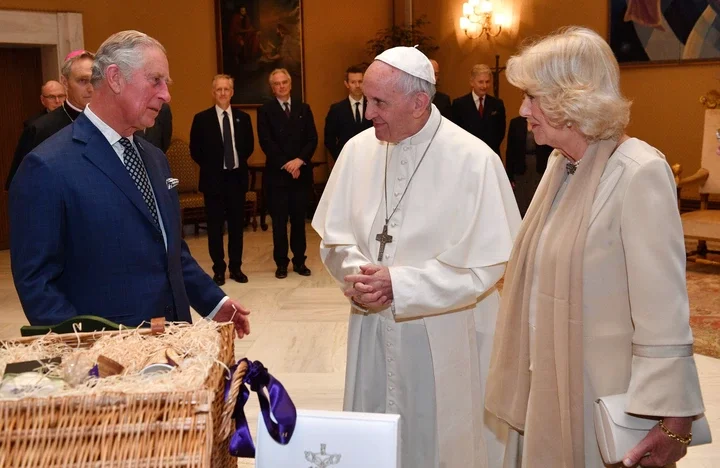
But it was not just people who were in need of care. One of Pope Francis's most famous interventions was on the way we look after our planet - what he called "our common home" in his encyclical, or teaching document, "Laudato Si'", published in 2015, in which he urged people to take action to care for God's creation in the face of climate change and environmental degradation. He gave copies to official visitors: no doubt the then Prince Charles would have appreciated the sentiment, but one wonders if Donald Trump, in his first presidential term, put it in the Air Force One bin en route back to Washington.
Nor was there any love lost between the US president and the Pope on the issue of migration. Francis, the child of immigrants to Argentina, showed a particular concern for migrants throughout his pontificate, urging governments to show them compassion. He took particular aim at Trump's plans for a border wall between the US and Mexico, saying that it was "not Christian". He also spoke frequently of the need for peace, visiting war-torn hotspots in Africa and phoning the Catholic parish priest in Gaza every night after the recent conflict with Israel began, even while he was in hospital receiving treatment for pneumonia.
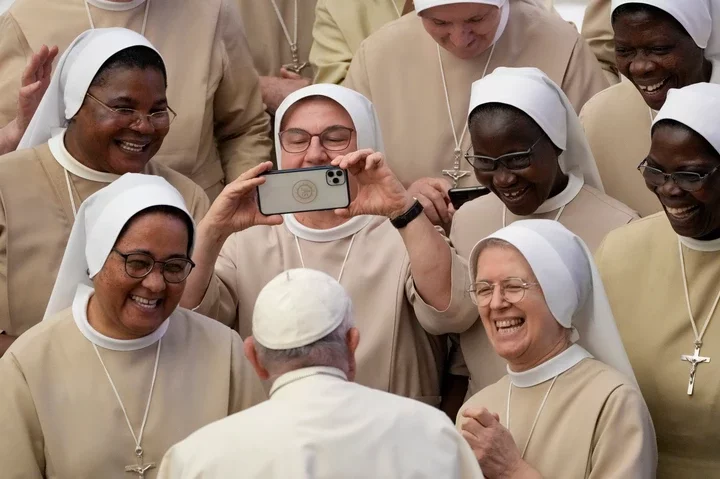
But his efforts at peacemaking in the Church were not always successful. His banning of the old Latin mass was seen as vindictive by traditionalist Catholics, while his efforts to sort out the abuse scandal faltered: some of the experts brought in to help, including survivors of abuse, resigned from his commission, saying it was doing too little, too late.
Women who were frustrated by their lack of power and representation in the Church welcomed his appointment of women, usually nuns, to official positions in the Vatican, but felt let down that he let an inquiry into the ordination of female deacons drift. And Francis was as staunchly opposed to women being priests as were his papal predecessors.
What of his legacy? Pope Francis was a great communicator, a religious leader who connected powerfully with so many people. He was a moral giant on the world stage, and while he brought reform to the Church, giving lay people more of a voice in decision-making in their parishes and dioceses, he could not heal the divisions between liberal and conservative Catholics.
As the cardinals enter the conclave for the election of the next pope, they will have to ask themselves: is there anyone among us who can take on that nigh-impossible task?

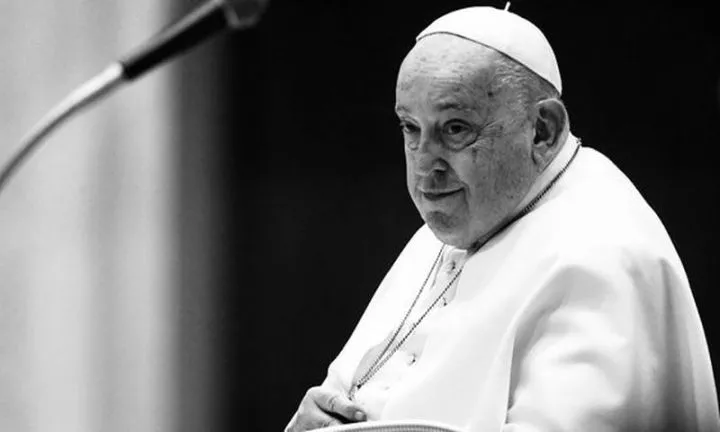
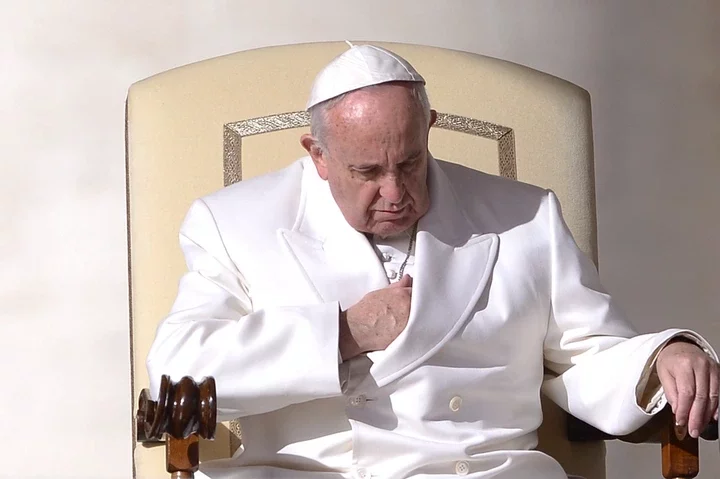
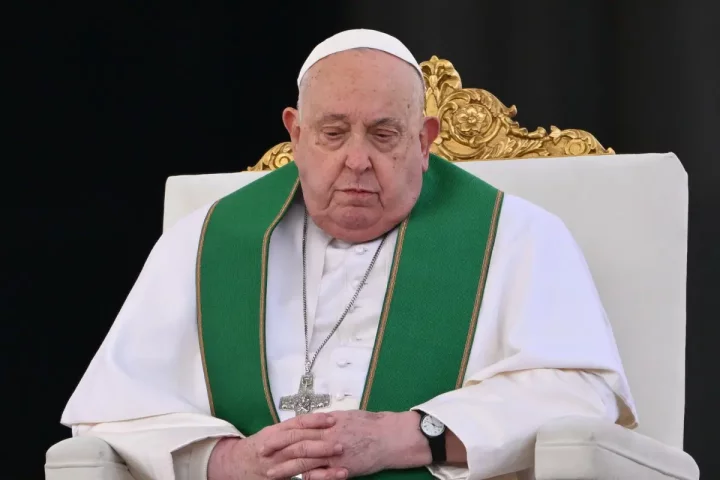
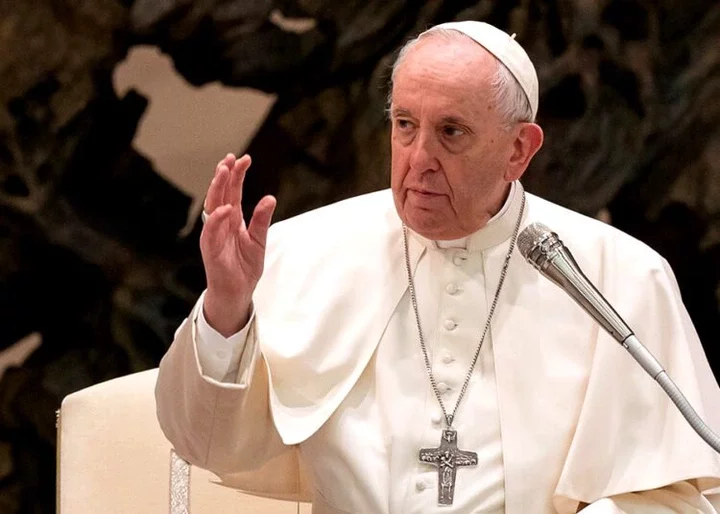
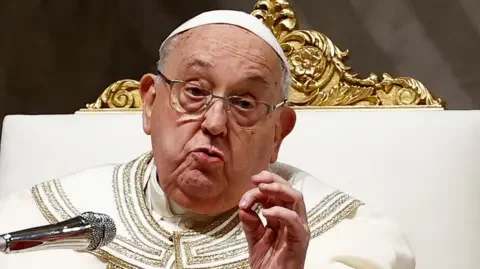
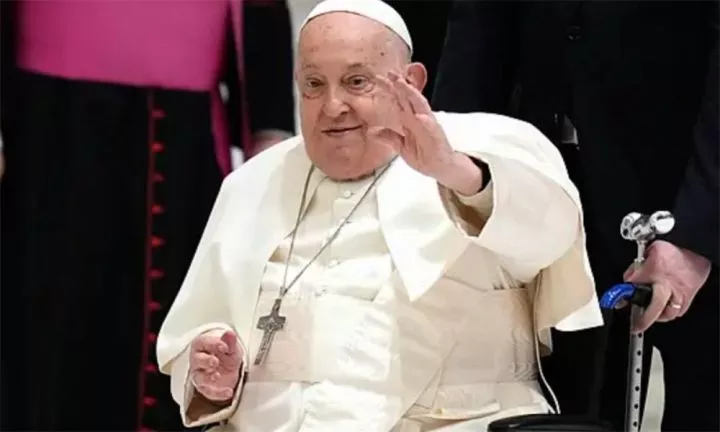
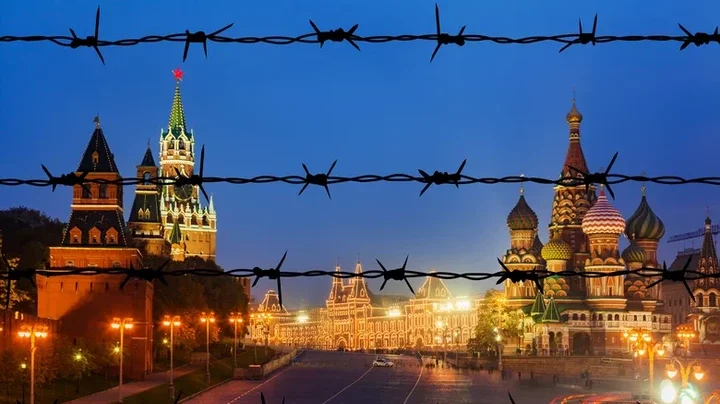
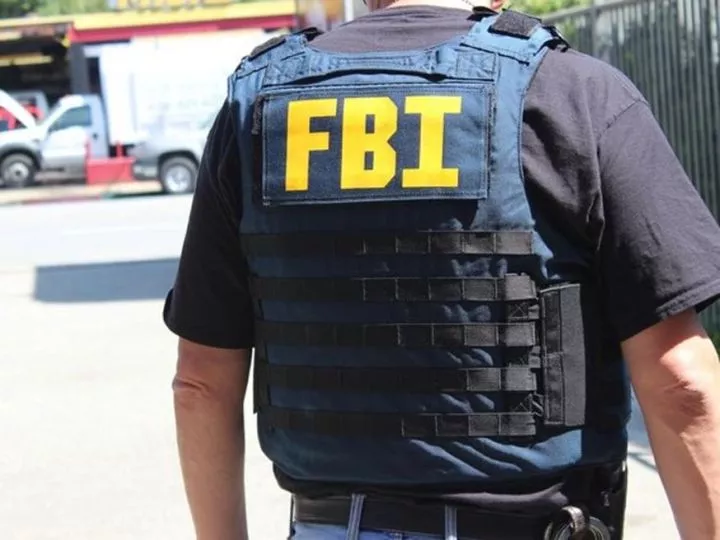

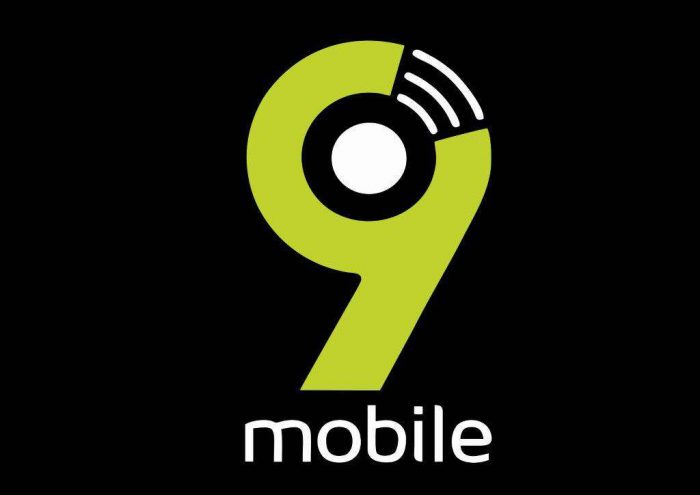
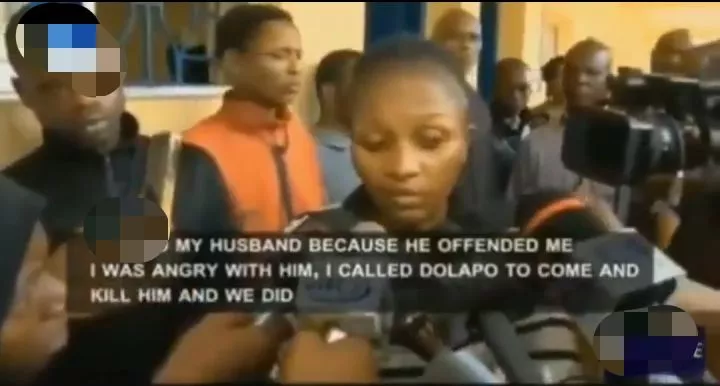
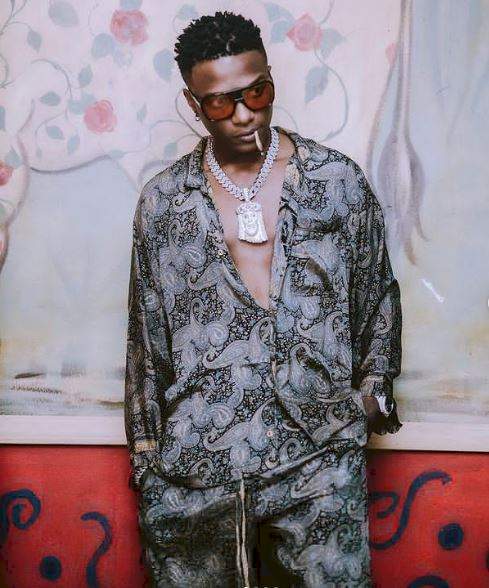
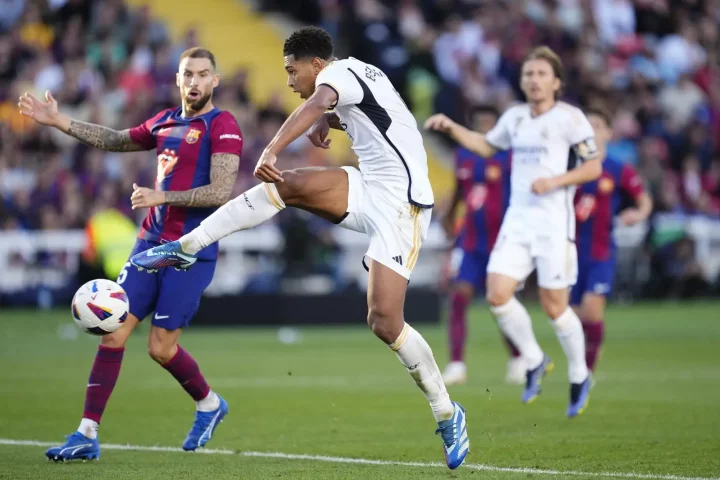
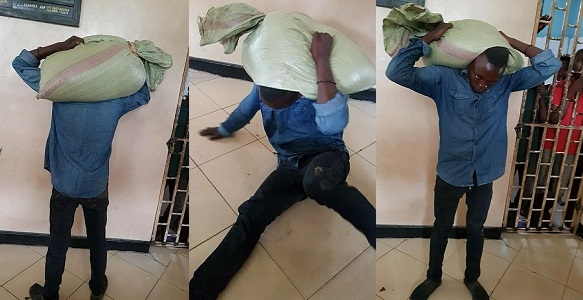



Comments